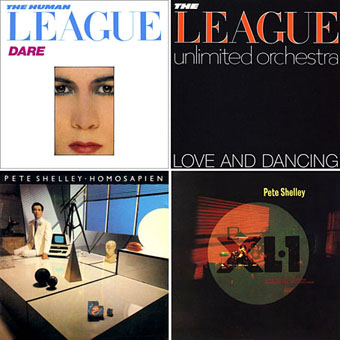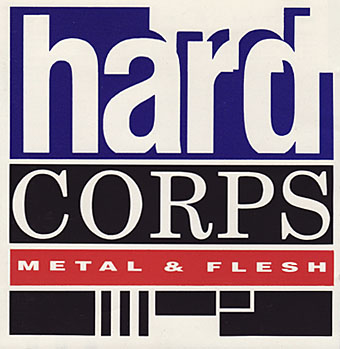Prettiest Star (2004) by Timothy Cummings.
• I Want Your Love, a feature film directed by Travis Mathews catches my attention for having been described as “the gay Shortbus” even though (as the director notes) Shortbus was pretty gay to begin with.
• I’ve always found Hans Christian Andersen’s story of The Tinderbox—a tale of spectral dogs with enormous eyes—to be rather weird. But these illustrations by Heinrich Strub for a 1956 edition beat everything.
• “From an early age, however, I became in secret the slave of certain appetites.” The line that Robert Louis Stevenson deleted from The Strange Case of Dr Jekyll and Mr Hyde.
• Scientific American: Homophobes might be hidden homosexuals. Not exactly fresh news but always worth bearing in mind when someone starts ranting about those evil gays.
• Minimal Wave: The 80s synth-pop underground. The Minimal Wave label releases a vinyl compilation by Hard Corps this month.
• “Blame the Victorians for making menswear boring.” Alex Jung on the endless tyranny of the suit-and-tie combination.
• Women, Vaginas and Blood: Breaking menstrual taboos with artist Sarah Maple.
• London’s lost rivers (again): the hidden history of the city’s buried waterways.
• Vincenzo Pacelli says the Knights of Malta murdered Caravaggio.
• Street style 1906: Edward Linley Sambourne’s fashion blog.
• Architectural Stationery Vignettes at BibliOdyssey.
• Hans Bellmer & Unica Zürn at Ubu Gallery, NYC.
• Pam Grossman admits to being a “candle hooch”.
• Dirty (1986) by Hard Corps | Lost Rivers Of London (1996) by Coil | The Tinderbox (2009) by Patrick Wolf.



